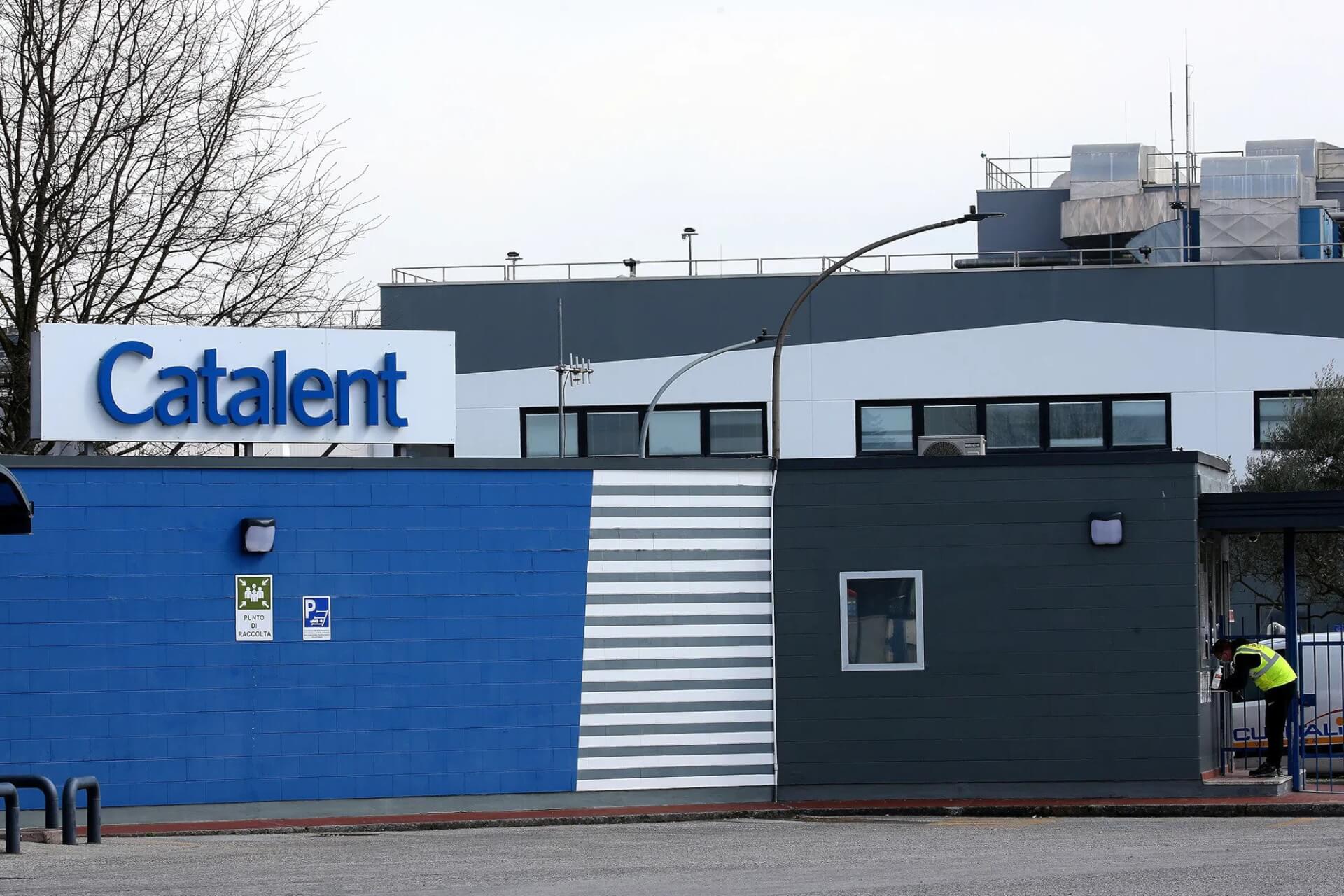On Saturday, Italian police conducted a raid on Catalent, an AstraZeneca-run facility in Rome. The search came after the European Commission contacted authorities in Italy with information about the Anglo-Swedish vaccine supplier hoarding doses in its facility, and is the second such raid of an AstraZeneca facility in the European Union (EU).
Following the bust over the weekend, Italian media reported that 29 million doses had been discovered during the inspection, which Italian authorities claimed were set to be shipped to the UK. However, AstraZeneca dismissed these claims as “inaccurate”, arguing that the doses were either reserved for the EU or for the World Health Organisation-led COVAX program, through which they would have been shipped to developing countries across the world. A statement released by the company read, “There are 13m doses of vaccine waiting for quality control release to be dispatched to COVAX as part of our commitment to supply millions of doses to low-income countries, the vaccine was made outside the EU and brought to the Anagni plant to be filled into vials.” Further, the company said that the remaining 16 million doses were reserved for dispatch to several European countries, promising that the EU would receive over 10 million doses by the end of March and the remaining six million in April. They also stressed that it was incorrect to refer to the batches in the facility as a “stockpile.”
After four days of inspection, Italian authorities accepted AstraZeneca’s claim that the doses that were in the facility were underdoing quality control checks. However, the European Commission has called for an explanation of the origin and intended destination of the shots.
AstraZeneca and the EU have been caught up in a high-profile dispute in recent months that was stirred up by the pharma giant’s statement during the early stages of the European vaccine drive in January, in which it declared that it would not be able to meet its shipment commitments due to production delays. The two sides are in disagreement over the nature of obligation under their contract on shipment deliveries, with AstraZeneca insisting that the document merely required the company to do its best to meet the requirements. On the other hand, the bloc insists that the contract mandated the deliveries, and failing to do so would be a breach of the agreement. Moreover, the EU also accused the company of prioritising its contract with the United Kingdom (UK) at the cost of its obligation to the bloc.
Soon after the completion of its inquiry on Wednesday, the bloc announced its decision to extend its powers to halt the exports of COVID-19 vaccines that had been produced in the EU. According to the newly imposed rules, starting Thursday, shipments to countries that have “a higher vaccination rate” than the bloc or those “where the current epidemiological situation is less serious” will be blocked. These curbs will be extended for six weeks.
While the move is sure to irk the pharmaceutical giant, it could simultaneously also deepen the bloc’s ongoing conflict with the UK, which has already criticised the EU for restricting the export of much-needed vaccines. Moreover, while the announcement is largely aimed at AstraZeneca, it could also impact the export of Pfizer and Moderna candidates as well. Additionally, other countries, including Australia, Canada, and Israel, which have been relying on the bloc’s export for their vaccine needs, could also be victims of this policy.
This decision comes shortly after European Commission President Ursula von der Leyen warned that the bloc could prospectively restrict the export of the COVID-19 vaccine to help meet the local demand for the jabs. She said that the EU was compelled to do so, as AstraZeneca was failing to meet its delivery targets, having “delivered less than 10% of the amount ordered by the EU for the period from December to March.” The announcement was made soon after Italy urged the Commission to block the export of 250,000 doses of the Oxford-AstraZeneca jabs to Australia as it did not feature in the list of “vulnerable” countries due to its low infection rate. The power to block the shipment of vaccines is a consequence of a law passed by the EU officials in January, which requires pharmaceutical companies to seek approval before shipping vaccines outside the bloc.
EU Calls On Italian Police to Inspect AstraZeneca Plant
Following an inspection conducted by the Italian police of an AstraZeneca plant in Rome, Italian authorities reported that a stockpile of 29 million doses had been found.
March 25, 2021

Catalent, an AstraZeneca-run facility in Rome. SOURCE: NY POST
